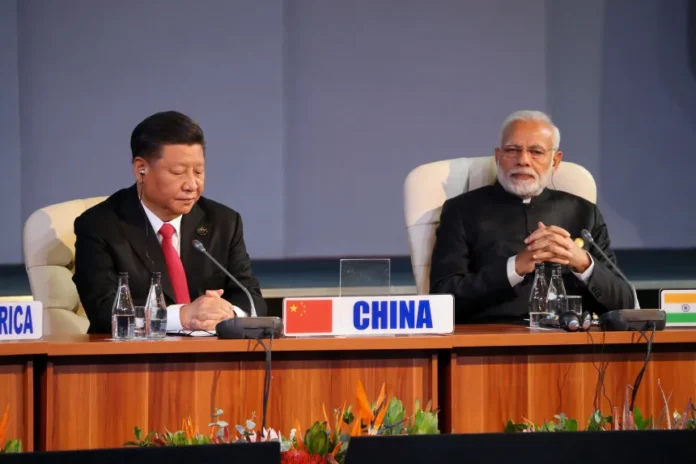Tianjin, China — As the world watches, leaders from across Eurasia and beyond have convened in the Chinese port city of Tianjin for the 2025 Shanghai Cooperation Organization (SCO) summit. The two-day event, hosted by Chinese President Xi Jinping, is a powerful display of Beijing and Moscow’s efforts to forge a new, “multipolar world order” that challenges Western influence.
This summit, the 25th in the organization’s history, is being billed as its largest yet, with heads of state from ten member nations and delegations from an additional 16 partner and observer countries in attendance. The sheer scale of the gathering underscores China’s growing role as a convener of international affairs, capable of bringing together a diverse group of nations with sometimes competing interests.
The event’s choreography is deliberate. It follows a significant military parade in Beijing, showcasing China’s rapidly advancing military capabilities. The presence of key leaders like Russian President Vladimir Putin and Indian Prime Minister Narendra Modi is particularly notable. For Putin, the summit provides a crucial international platform amid the ongoing war in Ukraine, just weeks after his talks with U.S. President Donald Trump.
Ahead of the summit, Putin praised the China-Russia partnership as a “stabilizing force” and a unified vision for a more “just, multipolar world order.” This echoes China’s Global Security Initiative, a framework that promotes a new, non-Western-centric approach to global affairs.
India’s Pivotal Role
Indian Prime Minister Narendra Modi’s attendance adds considerable weight to the summit. His presence comes at a time when relations between New Delhi and Washington have become strained due to new U.S. tariffs. This has created a powerful optic, as India appears to be leaning toward its Eurasian partners. The summit presents an opportunity for Modi and Xi Jinping to have their first significant bilateral meeting in years, following a period of tension along their shared border. For India, the visit is a chance to affirm its strategic autonomy and demonstrate that it can navigate multiple geopolitical blocs without being confined to a single camp.
The SCO’s Evolving Mission
Founded in 2001, the SCO initially focused on regional security cooperation, but its scope has expanded dramatically. With the recent inclusion of Iran and Belarus, the organization is increasingly seen as a counterweight to Western alliances. While the group advocates for a “non-confrontational” approach, its members are united in their call to reform a global order they see as unfairly skewed by a single superpower.
However, the organization’s ability to act decisively remains a point of debate among foreign affairs analysts. The vast differences in political systems and national rivalries among members, such as the historic tensions between India and Pakistan, have limited the group’s effectiveness on certain issues. The group, for example, has yet to issue a joint statement on the war in Ukraine. Nevertheless, the Tianjin summit and the grand-scale diplomacy on display are clear signals of a shifting geopolitical landscape, where China aims to be the primary architect and host.
Source: CNN








